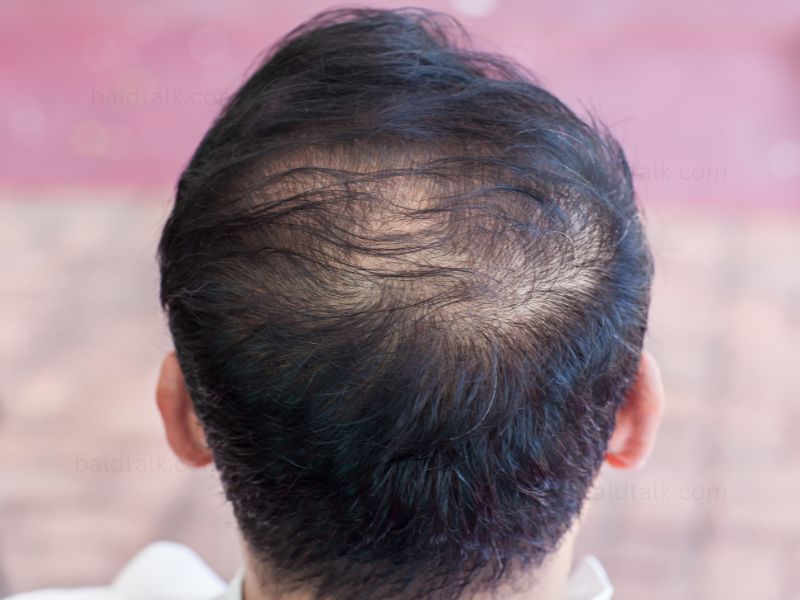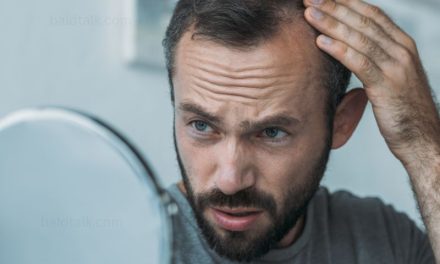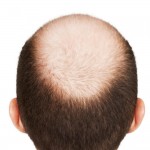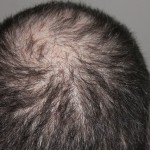Everyone experiences the occasional hair strand on their pillow or in their shower drain. However, when these instances become more frequent and noticeable, it’s essential to understand what might be happening. This article will explore the five common causes of hair loss and how you can address them.
1. The Influence of Genetics
One of the most common causes of hair loss is genetics, specifically a condition known as androgenetic alopecia. This is often referred to as male-pattern baldness in men, characterized by a receding hairline and thinning at the crown. In women, it’s known as female-pattern baldness, which typically manifests as overall thinning.
Genetic hair loss is often a result of your body’s sensitivity to androgens, hormones that play a role in male traits and reproduction. It’s usually an inevitable part of aging for some people, but that doesn’t mean it’s untreatable.
Two widely recognized treatments for hereditary hair loss are Minoxidil and Finasteride. Minoxidil, sold under the brand name Rogaine, is a topical treatment applied directly to the scalp. It works by prolonging the growth phase of hair follicles. Finasteride, known as Propecia, is an oral medication that prevents the conversion of testosterone to dihydrotestosterone (DHT), a hormone that can shrink hair follicles.
2. Hormonal Changes: A Delicate Balance
Hormonal changes can significantly impact your body, including your hair health. Pregnancy, childbirth, menopause, and thyroid problems can cause hair loss. For instance, pregnancy-related hair loss is more common after the delivery of the baby rather than during pregnancy itself.
Polycystic ovary syndrome (PCOS), a condition caused by an imbalance of reproductive hormones, can also lead to hair loss in women. This hormonal imbalance can cause hair to grow in unwanted places, like the face, while simultaneously thinning out on the scalp.
If you suspect hormonal changes are behind your hair loss, seek medical advice. A healthcare provider can perform tests to identify any hormonal imbalances and prescribe treatments, which could range from hormonal therapy to lifestyle changes like stress management and improved diet.
3. Nutritional Deficiencies: Fuel for Your Hair
Just like every part of your body, your hair needs specific nutrients to grow healthily. A diet lacking in vitamins like vitamin D, minerals like iron and zinc, or protein can lead to hair loss.
Vitamin D, for instance, is crucial as it helps create new hair follicles. Foods high in vitamin D include fatty fish, salmon, and fortified dairy products. Iron helps red blood cells carry oxygen to your cells, including hair follicles. Good sources of iron include lentils, spinach, and red meat. Zinc plays a role in hair tissue growth and repair. You can find zinc in foods like oysters, beef, and pumpkin seeds.
If dietary adjustments aren’t helping, a healthcare professional might recommend supplements to address deficiencies.
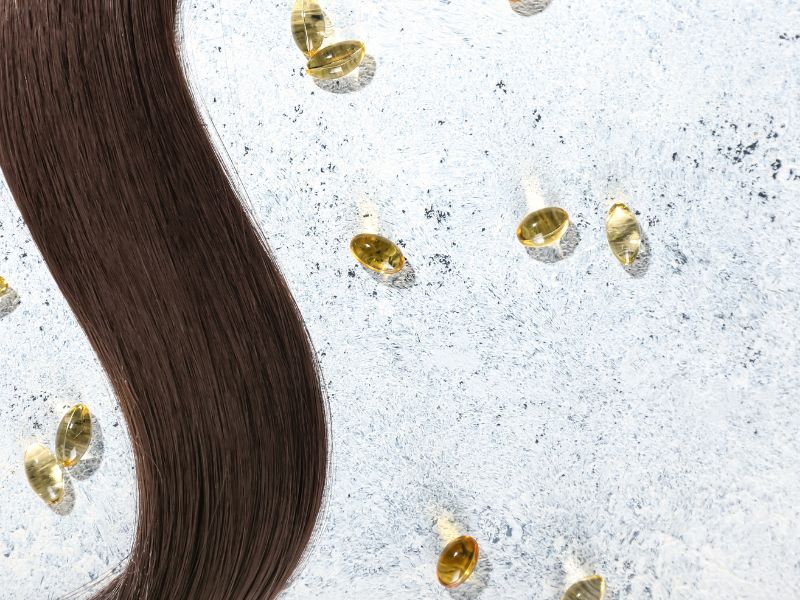
4. Stress and Trauma: Impact on Your Scalp
Physical or emotional stress can lead to two types of hair loss: telogen effluvium and trichotillomania. Telogen effluvium occurs when significant stress pushes hair follicles into a resting phase, resulting in hair shedding after a few months. Trichotillomania, on the other hand, is an irresistible urge to pull out hair from your scalp, eyebrows, or other areas of your body, often a way of dealing with negative or uncomfortable feelings.
Dealing with stress or trauma requires a comprehensive approach. Regular physical activity, adequate sleep, and a balanced diet can help manage stress levels in addition to maintaining a healthy lifestyle, practicing mindfulness exercises such as meditation or yoga can be beneficial in reducing stress. If the cause of stress is a traumatic event or chronic anxiety, seeking professional help through therapy or counseling can be a vital part of the healing process.
5. Medications: A Side Effect to Consider
Certain medications can cause hair loss as a side effect. Some common ones include drugs for blood pressure, cancer, arthritis, depression, and heart problems. This type of hair loss usually improves once the medication is stopped or the dosage is adjusted.
If you suspect that a medication is causing your hair loss, it’s crucial not to stop taking it without consulting your doctor. Your healthcare provider can guide you through the process, potentially offering an alternative medication or adjusting your dosage to mitigate the side effects.
Prevention and Treatment: Your Next Steps
Understanding the causes of hair loss is the first step toward addressing it. It’s essential to remember that everyone’s hair loss journey is unique, and what works for one person may not work for another. For instance, if your hair loss is due to nutritional deficiencies, treatments for genetic hair loss may not be effective.
Working closely with healthcare professionals can help you identify the cause and find the best treatment option. Whether it’s incorporating certain foods into your diet, changing medication, or starting a mindfulness practice, there are plenty of ways to combat hair loss and promote healthier hair growth.
In Conclusion: Embracing the Journey Towards Hair Health
Navigating the complex world of hair loss can often feel overwhelming. However, understanding the common causes of hair loss provides a solid foundation to address it effectively. Be it genetics, hormonal imbalances, nutritional deficiencies, stress, or medication side effects, each cause has its unique path to management and potential reversal. Remember, there’s no one-size-fits-all solution—what’s vital is finding the treatment that works best for your individual circumstances.
As you embark on this journey towards hair health, ensure you consult with healthcare professionals to make informed decisions. With the right knowledge and tools, hair loss can become a manageable part of life, rather than an insurmountable challenge.
References:
Aad 1. Hair loss: Who gets and causes – American Academy of Dermatology
Causes of hair loss. Hereditary hair loss. Both men and women develop this type of hair loss, which is the most common cause of hair loss worldwide. In men, it’s called … Hereditary hair loss. Age. With age, most people notice some hair loss because hair growth slows. At some point, hair follicles …
Medicalnewstoday 2. Why is my hair falling out? 10 causes of hair loss
In this article, we look at the leading causes of hair loss, the treatment available, and home care tips for preventing further loss.
Verywellhealth 3. 25 Reasons Your Hair Might Be Falling Out – Verywell Health
Feb 22, 2023 · Medical events and conditions that can lead to hair falling out include: 5 Thyroid imbalances Illness, especially with a high fever COVID-19 infection 6 Inflammatory conditions affecting the scalp…
Clevelandclinic 4. Hair Loss in Women: Causes, Treatment & Prevention
Extreme physical stress or shock to your body: This causes temporary hair loss. This category includes events like losing a lot of weight, surgery, anemia, illness and having a baby. Extreme emotional stress: mental illness, the death of a loved one, etc. An abnormal thyroid.
© 2016-2023 by BaldTalk.com, an LiVenture. All rights reserved. No part of this document may be reproduced or transmitted in any form or by any means, electronic, mechanical, photocopying, recording, or otherwise, without prior written permission of LiVentures.

